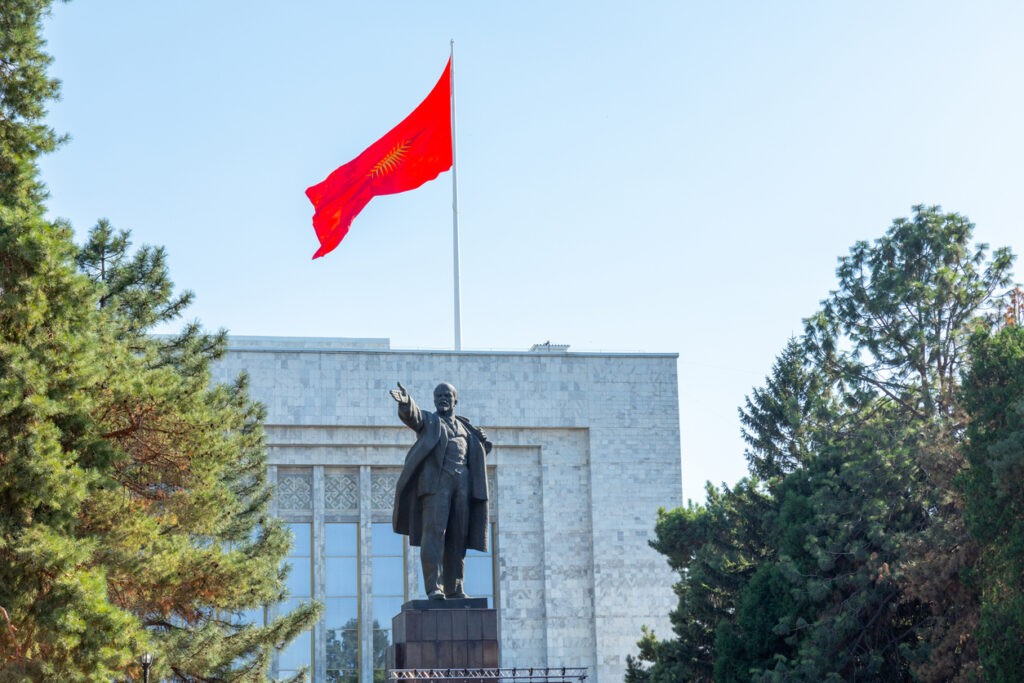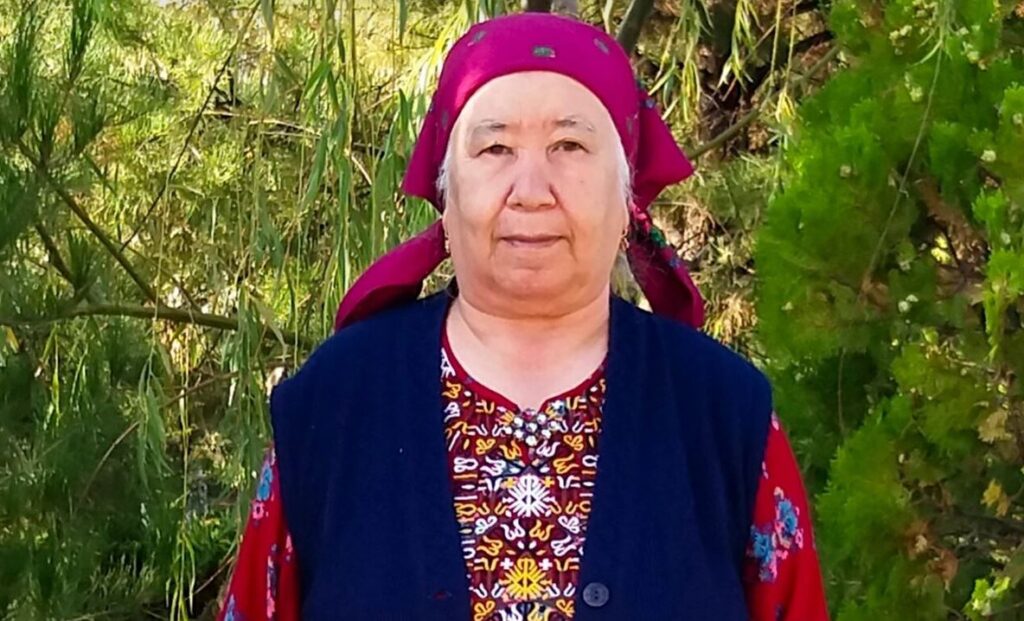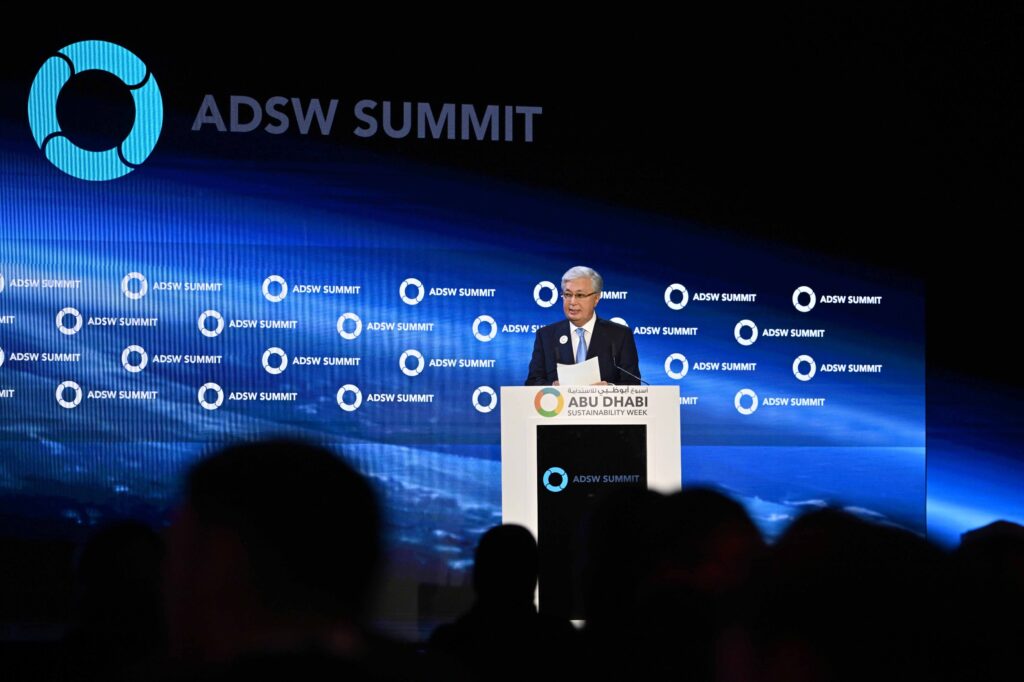Kyrgyz MP Urges Parliament to Preserve Lenin Monument in Bishkek
Kyrgyz parliamentary deputy Iskhak Masaliyev has called on his fellow parliamentarians to refrain from debating the removal of the Vladimir Lenin monument in Bishkek’s Old Square. Speaking during a parliamentary session, Masaliyev emphasized that the proposal to dismantle the statue is both untimely and dismissive of Lenin's historical contribution to the formation of Kyrgyz statehood. Masaliyev reminded lawmakers that while the collapse of the Soviet Union granted independence to many nations, Soviet governance played a pivotal role in establishing the foundations of statehood for certain republics, including Kyrgyzstan. He outlined the historical context of the early 20th century, noting that the territory of modern Kyrgyzstan was then divided - part of it belonging to the Russian Empire and the other to the Kokand Khanate. According to the MP, the October Revolution was instrumental in creating the Kara-Kyrgyz Autonomous Oblast, which later evolved into the Kyrgyz Autonomous Soviet Socialist Republic and, eventually, an independent Kyrgyz state. “Many nations of the world still do not have their own territory. We, on the other hand, have a state with clearly defined borders, and Vladimir Lenin’s role in this is significant. I say this not as a politician, but as a historian,” Masaliyev declared. The MP expressed concern about modern society’s increasing disregard for history, noting that a substantial portion of the Kyrgyz population - around 30 to 40 percent - lived during the Soviet era and were shaped by its values. Erasing the memory of that period, he argued, is both impractical and disrespectful to the past. Masaliyev also pointed out the proximity of Lenin’s monument to a statue of Turdakun Usubaliyev, a prominent Soviet-era statesman and reformer. He argued that commemorating Usubaliyev and other notable figures from the Soviet period while removing Lenin’s monument would be inconsistent, as all were part of the same ideological framework underpinned by Lenin’s leadership. “We must understand that we cannot simultaneously honor some of them while rejecting the memory of others,” Masaliyev stressed. In closing, Masaliyev urged his colleagues to shelve the debate over the Lenin monument, suggesting that the parliament’s focus should instead be directed toward more pressing national issues. The discussion surrounding the Lenin statue gained momentum after parliament deputy speaker Nurbek Sydygaliyev proposed its removal, arguing that the square is named after Turdakun Usubaliyev and should honor his legacy exclusively.
6 days ago






